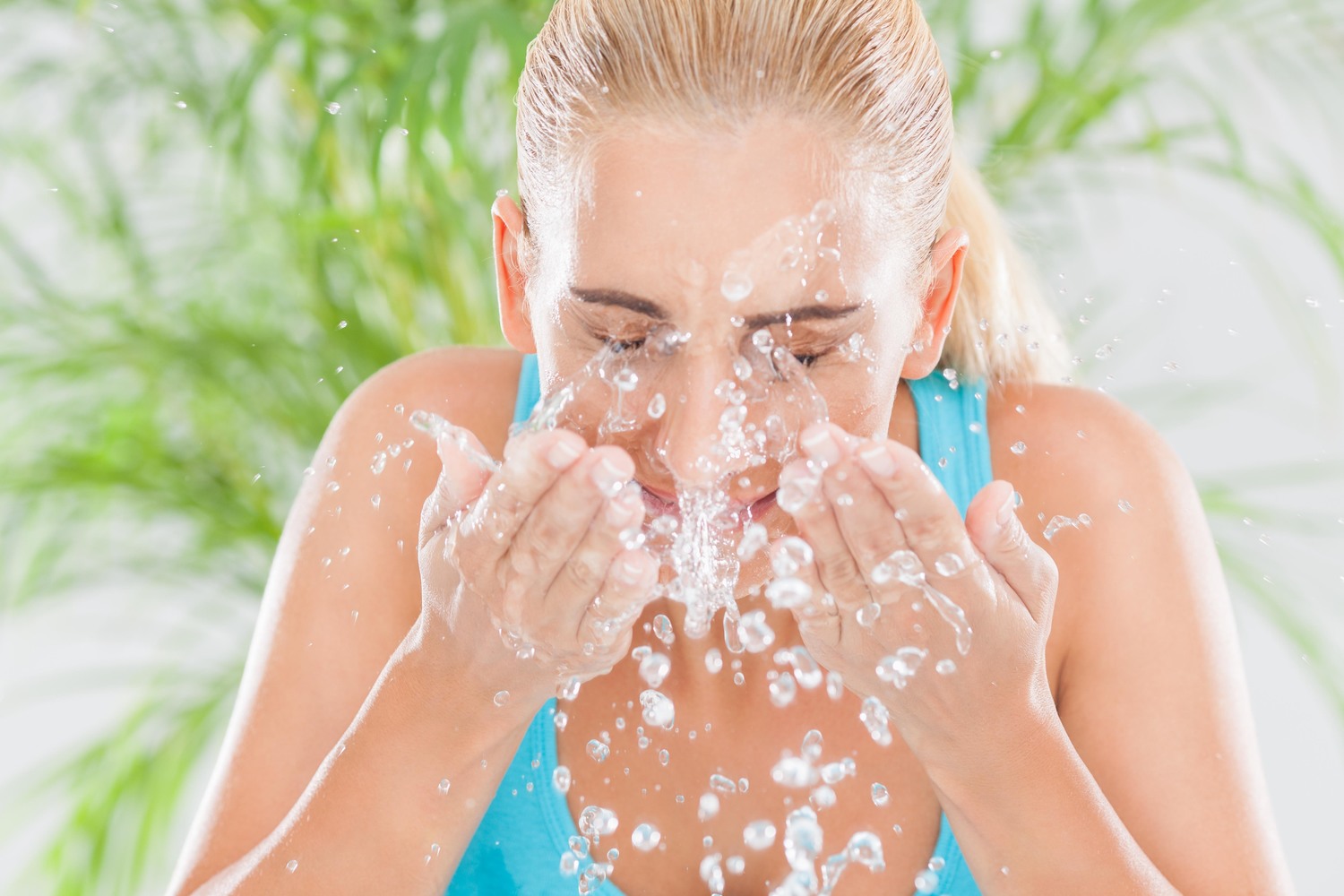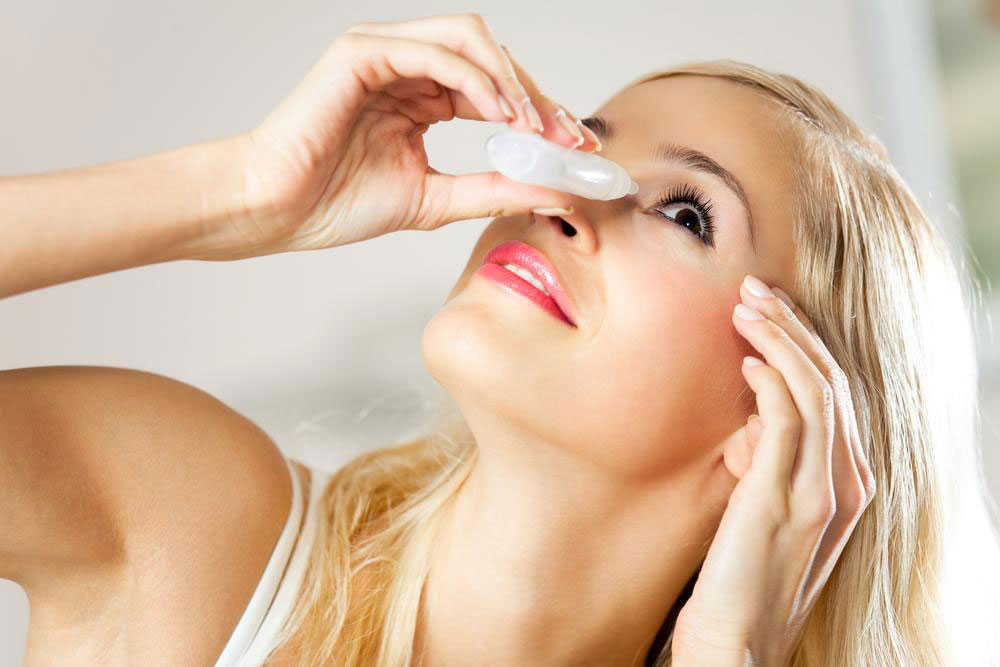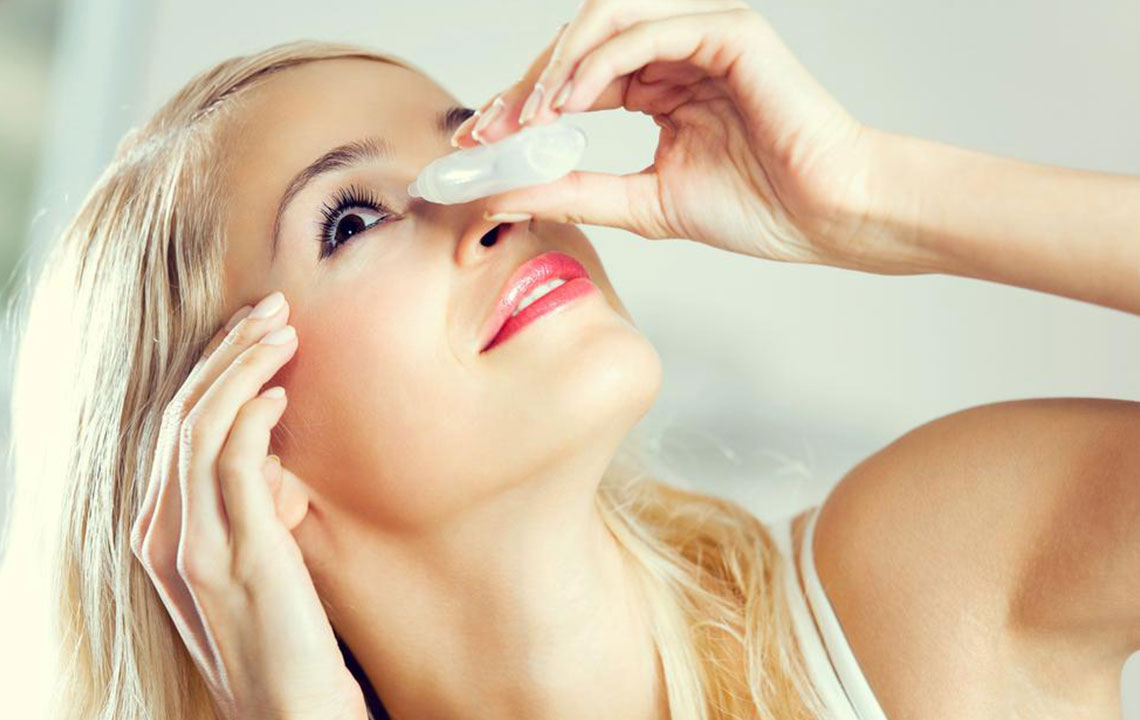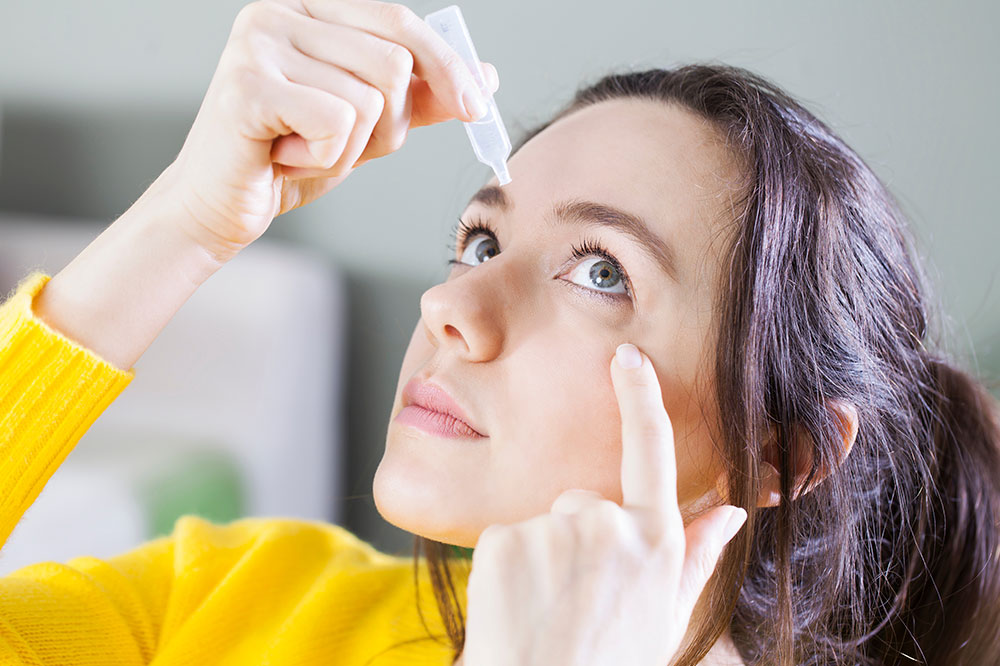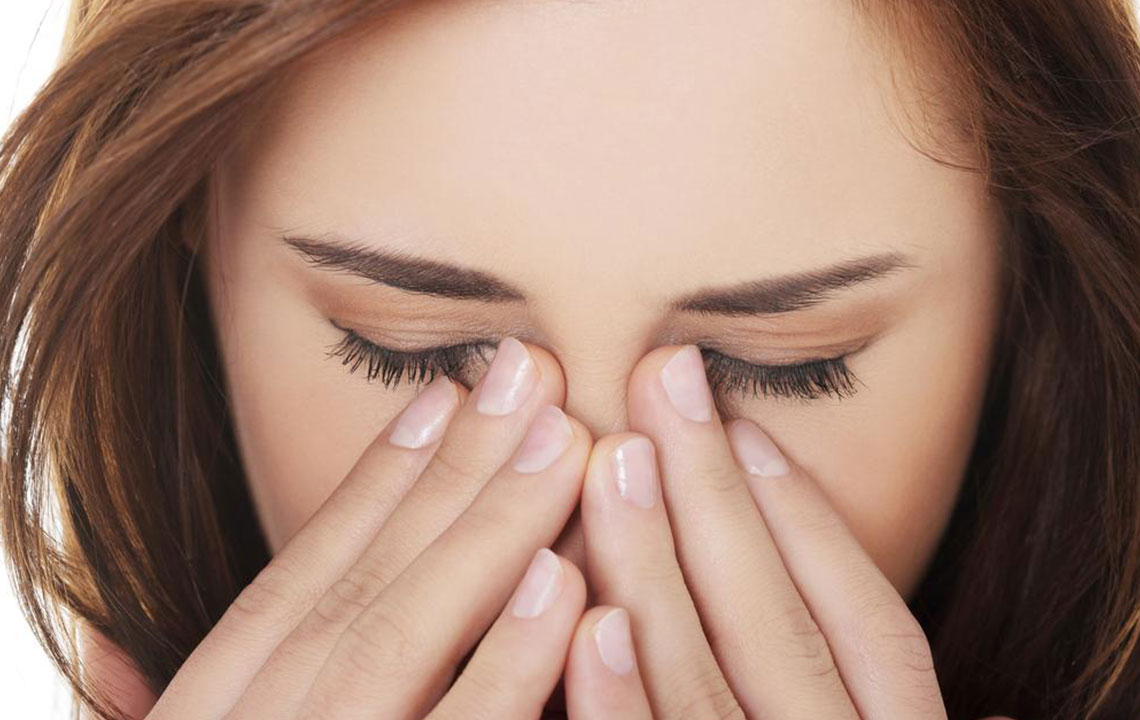Natural Strategies for Managing and Treating Dry Eyes Effectively
Discover natural methods to treat dry eyes, from lifestyle changes and dietary tips to when to seek professional help. Learn how simple home remedies can restore comfort and improve eye health effectively.
Sponsored
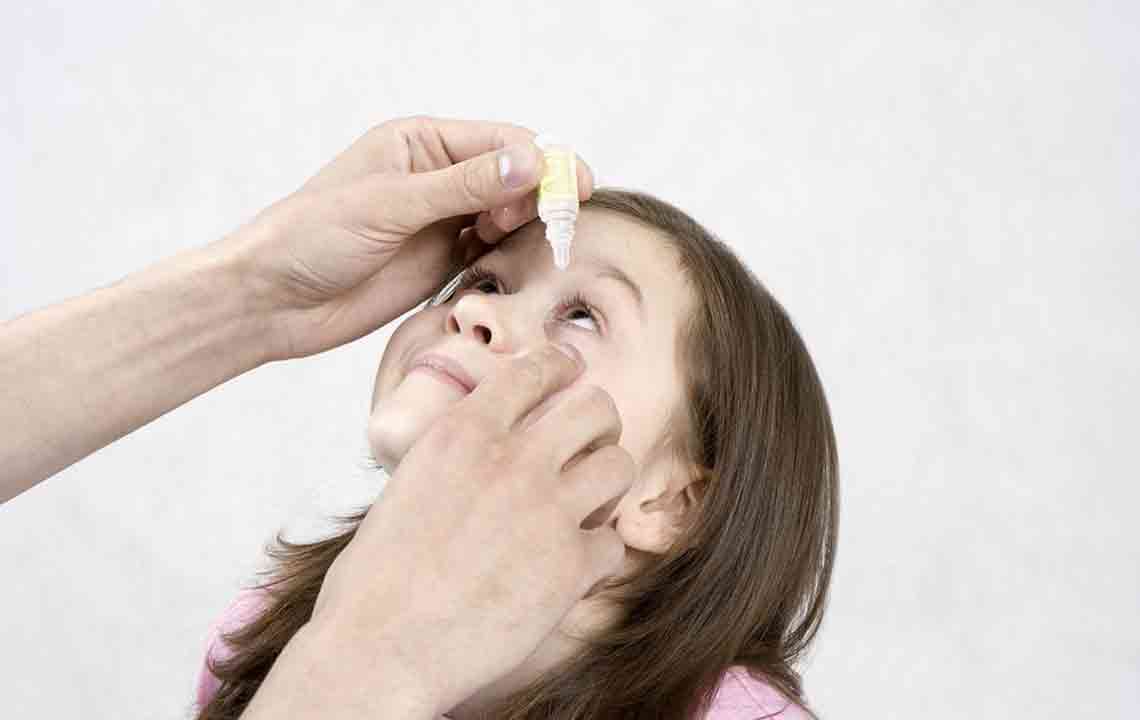
While eye drops and medications are common for dry eye relief, many people are surprised to learn that simple home remedies can significantly ease this discomfort. Recognizing the underlying causes of chronic dry eye is key to finding effective natural solutions. From lifestyle adjustments to dietary changes, there are various ways to combat dry eyes without relying solely on pharmaceuticals. Here's what you should know about dry eye causes, diagnosis, and natural treatments to restore comfort and eye health.
Understanding the Causes of Chronic Dry Eye
Chronic dry eye often results from reduced tear production or increased tear evaporation. These issues may stem from environmental factors, aging, or medical conditions.
Typical causes include:
Low-quality or insufficient tears
Environmental irritants like wind, smoke, or dry climates
Extended screen time and digital device use
Age-related changes and hormonal fluctuations
Use of contact lenses over time
Medical conditions such as diabetes, rheumatoid arthritis, or thyroid disorders
Eye surgeries like LASIK
Diagnosing Dry Eyes
A qualified eye specialist can accurately diagnose dry eye issues through comprehensive testing. This includes evaluating tear quantity, quality, and external factors affecting eye health. A review of medical history helps identify underlying causes. Techniques like dye tests, magnification, and observing blinking patterns are common. Proper diagnosis ensures targeted, effective treatment plans.
Natural Remedies and Lifestyle Changes for Relief
In mild cases, simple home remedies can alleviate symptoms. Some effective strategies are:
Increasing blinking frequency to boost tear spread
Drinking plenty of water daily to maintain hydration
Wearing sunglasses with wraparound frames outdoors to protect against irritants
Eating a diet rich in omega-3 fatty acids, such as fish, flaxseeds, walnuts, and leafy greens
Using artificial tears or eye drops prescribed by an eye care professional
Applying warm compresses and cleaning eyelids with gentle products like baby shampoo
Using humidifiers in workspaces and taking regular breaks from screens
Additional natural methods include eye exercises recommended by optometrists and incorporating chia seeds into your diet. These approaches help improve eye moisture and reduce dryness symptoms effectively.
When to Consult an Eye Specialist
If natural remedies don’t bring relief or symptoms worsen—such as persistent redness, swelling, or vision issues—it’s crucial to seek professional care. Also, if you experience dry mouth, eye injuries, or other concerning signs, consult an optometrist promptly. Proper medical intervention combined with lifestyle adjustments can effectively manage chronic dry eyes and maintain long-term eye health.

